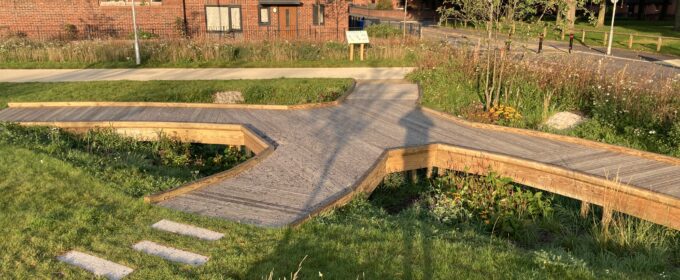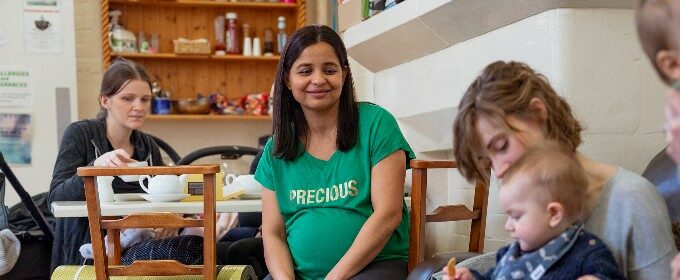Women are disproportionately represented in convictions for benefit fraud: in 2019, females made up 55% of the 98 summary convictions and 58% of the 1160 convictions for indictable benefit fraud offences. Since women’s convictions and custodial sentences are acknowledged to cause significant harm to them and their children, it is important to look at strategies that […]









